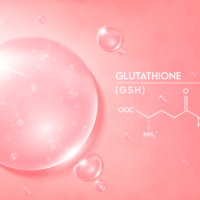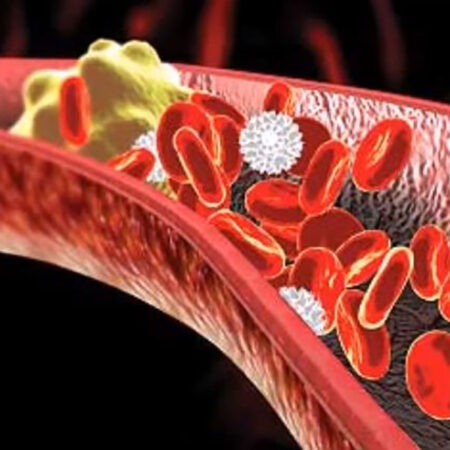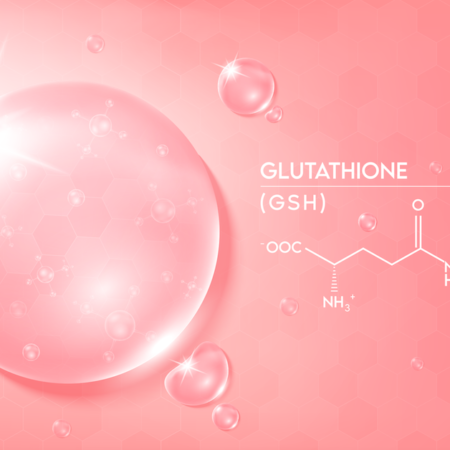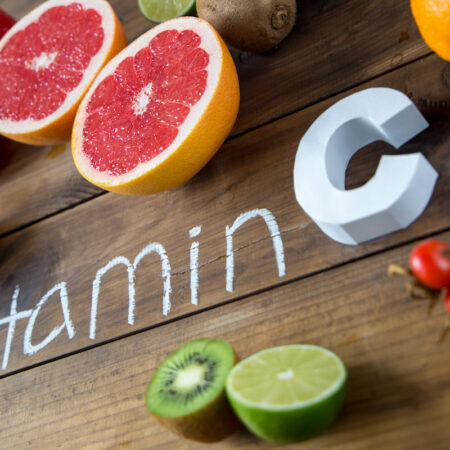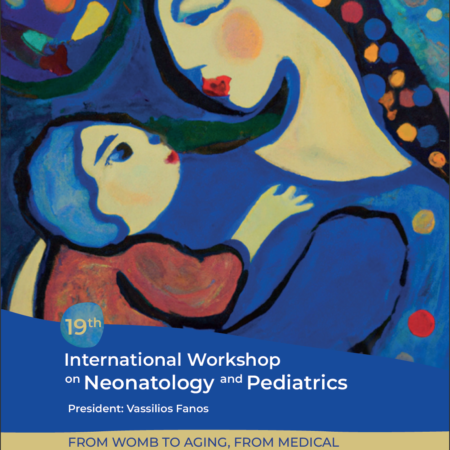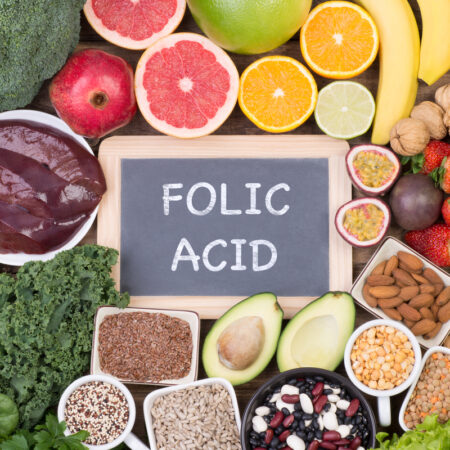Do you feel weak, get sick easily, are you intoxicated by drugs? You may have a deficiency of glutathione. Find out what it is, and what to do if you don’t produce enough
Many of you may have heard of glutathione supplements alone or in combination with other highly beneficial substances, such as vitamin C or NAC (N-Acetyl Cysteine). In its synthetic form, in fact, glutathione is recommended for its antioxidant and detoxifying properties. It is considered a formidable anti-age, able to stimulate the immune system, detoxify from toxic substances that accumulate, and preserve all those organic functions that with aging tend to slow or jam: for example, the ability to see, heart and respiratory function, memory. It should not, however, be taken “randomly”.
Glutathione, in fact, is a substance that is synthesized by the liver in large quantities to reach every cell in the body. In health conditions, glutathione we “do” and we have different “versions”.
Let’s see the identikit of this molecule of longevity:
- Full name: glutathione
- Chemical family: tripeptide
- Starting substances for its synthesis: the three amino acids cysteine (the main), glycine and glutamate + sulfur
- Reduced version: GSH (active)
- Oxidized version: GSSG
The relationship between GSH and GSSH informs us if we are at risk of oxidative stress and, consequently, if our body does not properly renew the synthesis of glutathione in active form, which is the really beneficial one. To be clear, in healthy cells the ratio is higher than 100, while a low value, between 1 and 10 is indicative of cellular suffering. It also means, presumably, that we are getting older, or that our lifestyle is not the best.
Neutralize free radicals before they become harmful to cells. In particular, glutathione deals with free radicals produced in the liver by the metabolism of toxic substances, including pharmacological ones.
- Act as a cofactor for the synthesis of various antioxidant enzymes.
- Regenerate vitamins C and E (both with antioxidant and anti-age function).
- Transport the mercury molecules out of the brain cells.
- Regulate the processes of cellular birth and death.
- Assist the metabolism of estrogen hormones.
Maintain efficient mitochondrial function and defend the integrity of their DNA. The mitochondria are intracellular organelles fundamental for the energy production starting from the metabolism of the alimentary glucose.
For all these qualities, glutathione is now considered a key factor in the prevention of several pre pathological and morbid conditions, including:
- Aging and related diseases such as DMLE (Age-related macular degeneration, a progressive eye disease that can severely impair vision), glaucoma, cataracts, Hearing loss (hearing impairment)
- Neurodegenerative diseases including Alzheimer’s and Parkinson’s disease
- Cardiovascular disease
- Respiratory and lung diseases including asthma and BCPO (chronic obstructive pulmonary disease)
- Liver disease
- Autoimmune diseases
- Cancer
Attention, low levels of glutathione in its active form antioxidant (GSH) do not involve the occurrence of these diseases automatically! This is not to be feared. What, however, scientific studies have discovered, is that in those who suffer from the above pathologies there is a deficiency, an imbalance in the endogenous production of glutathione GSH in favor of its oxidized version. It is not a cause and effect relationship, because the factors that lead to the onset of serious diseases such as those we have seen are always many, but it is still an indicator to keep an eye on.
Better, therefore, avoid going into glutathione deficiency.
How to measure glutathione levels? Our advice
If you want to know how you metabolize glutathione, you can undergo a simple urine test for the analysis of organic acids and the complete nutritional and metabolic profile. Through this type of examination you can also check your state of detoxification through the research of intermediate metabolites of glutathione – such as pyrglutamic acid – related, in fact, to this important process. For example, if you find that your urine has a very high concentration of glutathione metabolites, it means that you don’t produce enough, or that you have a deficiency of the starting amino acids, such as cysteine.
If they seem meaningless to you, your doctor will decode them to understand the cause of the imbalance and try to remedy it. For example, changing your diet and lifestyle in a healthier way, or prescribing more in-depth research. Book your test now, and monitor your glutathione levels!
Sources
- https://www.ncbi.nlm.nih.gov/pmc/articles/PMC4684116/
- https://pubmed.ncbi.nlm.nih.gov/32838548/
- https://medlineplus.gov/genetics/condition/glutathione-synthetase-deficiency/
- https://www.humanitas.it/enciclopedia/integratori-alimentari/glutatione/
- https://www.sciencedirect.com/science/article/abs/pii/S0009898103002006
- https://pubmed.ncbi.nlm.nih.gov/19166318/
- https://www.livestrong.com/article/335859-food-sources-of-glutathione/
